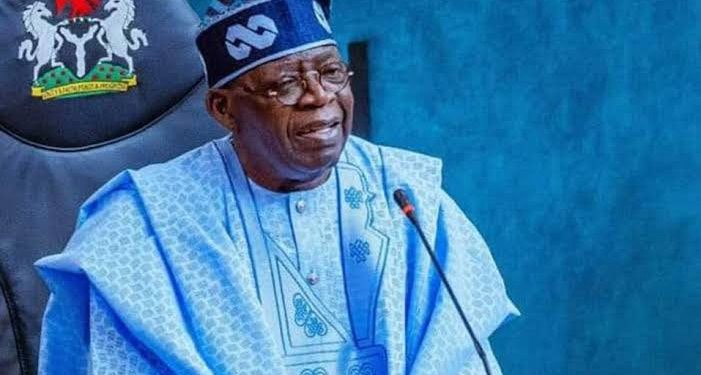The Federal government has announced plans to provide cash transfers to 20 million impoverished Nigerians to alleviate widespread hardship. Wale Edun, Nigeria’s Minister of Finance and Coordinating Minister of the Economy, revealed on October 15 that the significant rise in national revenue for the 2024 fiscal year will be directed toward social intervention programs targeting 60% of the country’s poorest citizens, or roughly 20 million people.
Edun explained that this initiative aims to reduce inflation, create jobs, and promote growth in key sectors such as agriculture, manufacturing, oil, and housing. Speaking at the 30th Nigeria Economic Summit, he noted that government revenue had more than doubled in the first half of 2024, reaching N9.1 trillion compared to N4.06 trillion in the same period of 2023.
Currently, 4 million households—representing 20 million people—are receiving direct financial assistance from the government, with plans to extend this to 15 million households. Edun also stressed the critical role of agriculture in controlling inflation and improving food availability and affordability. The oil sector remains a priority as Nigeria’s main source of foreign exchange.
Additionally, the government is investing N75 billion in grants and loans for small and micro agricultural enterprises, and another N75 billion for larger companies, offering loans at a 9% interest rate to offset rising operational costs following currency adjustments.
Collaborating with international partners like the World Bank, these reforms aim to stabilize Nigeria’s fiscal situation. World Bank Country Director for Nigeria, Ndiamé Diop, acknowledged the country’s progress, highlighting the improved revenue-to-GDP ratio and the importance of these reforms for sustainable economic growth.
